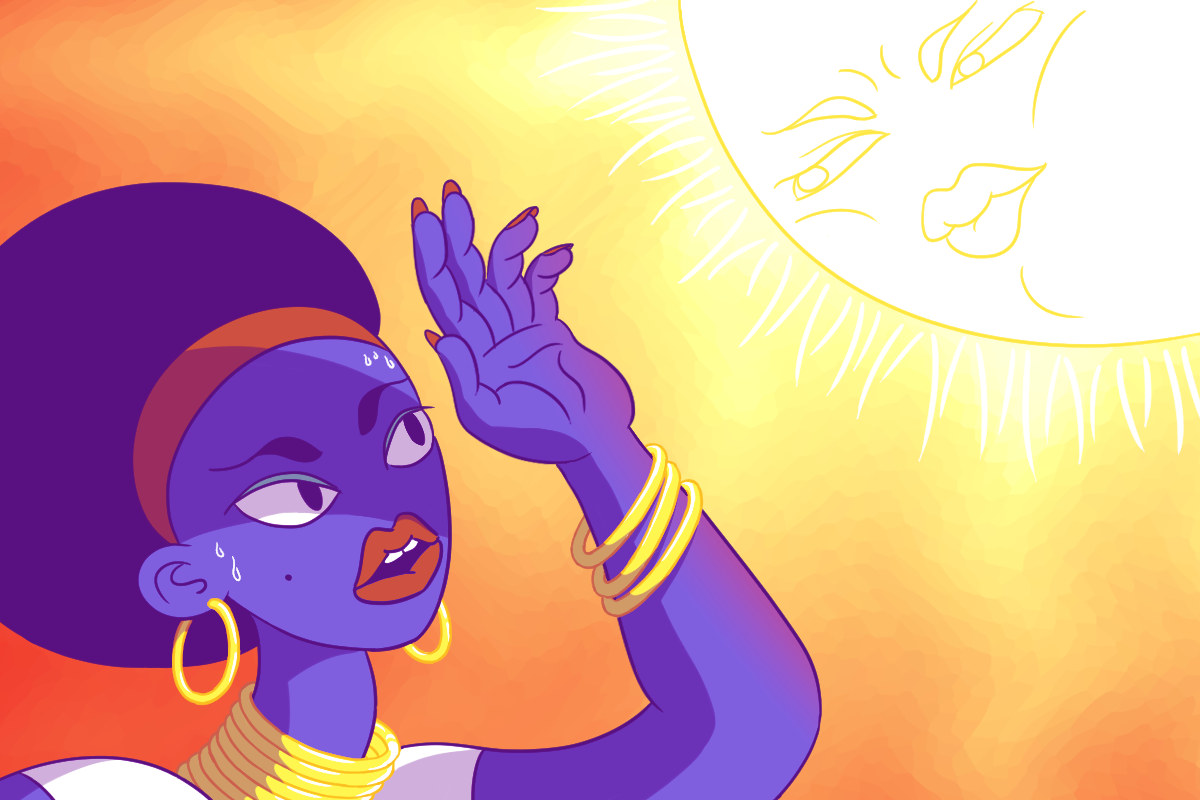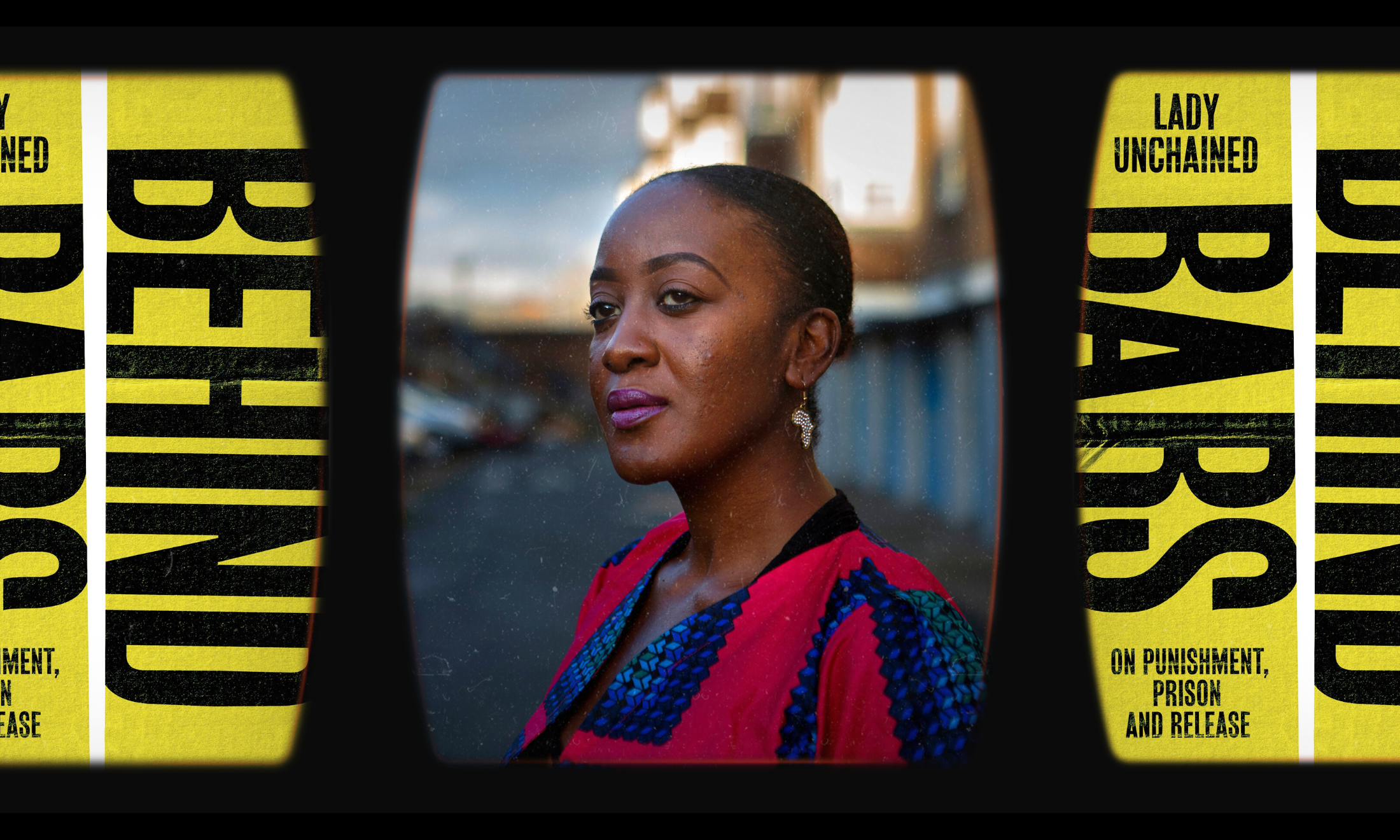
While travelling through Australia and Southeast Asia this past year, I began to deliberate over the conditions of the human body, particularly the fragility of our delicate naked skin. My concerns emerged from the worrying conversations I was having with white people on the subject of sun protection for my dark skin.
The bare, unprotected bodies sizzling under the harsh Balinese sun probed my contemplation around the dangers of the sun, and in particular, my own black skin. Human skin is vulnerable, so much so, on average women aged 49 and under are more likely to develop melanoma than any other cancer except breast and thyroid cancers.
Contrary to popular beliefs, people of colour (PoC) – particularly those with darker skin – do need protection from the sun. It was important for me to reiterate our melanin is not an invincible shield that can withstand the forces of the actual sun to those less knowledgeable.
Yes, our melanin provides us with minimal protection from Ultraviolet (UV) damage, in fact darker black skin has a natural SPF of around 13.4 compared to paler white skin, which stands about 3.4. But we must still actively wear sunscreen just like our white friends. It is both idealistic and ignorant to think unprotected black skin can take on the colossal sun.
This centuries-long myth has transcended and escaped our control, thus forcing women of colour (WoC) to communicate to white people, yes, we burn, and it damn well hurts.
“I continued to find myself in the same tedious conversations with various white people about how, like them, I too needed to apply sun cream throughout the day”
Once I started researching the consequences of UV damage for WoC, I was met by an array of information educating us on how to take better care of our black skin, without depending wholly on the beautiful melanin we exhibit. Each website reinstated and echoed that, unbeknownst to many, damaging UV rays can penetrate all types of skin regardless of your ethnicity. So, yes, even people with dark skin need sunscreen.
But, regardless of all the statistics, education and guides provided by the Internet, I continued to find myself in the same tedious conversations with various white people about how, like them, I too needed to apply sun cream throughout the day. I was faced with reverberations of “I didn’t know you could burn!” and “surely you don’t need sunscreen, you’re so lucky!”
This lack of education around the subject was tiring, and I felt the urge to try and eradicate this myth, which can be both physically and mentally damaging to WoC when projected onto them. Whilst it wasn’t my responsibility to do so, I recognised it as my chance to inform these people, to propagate black skin as being precious as white skin – as something that should be treated with the right care and attention.
“Articles written by black women all followed the mantra that our rich melanin just isn’t enough – we’re not exempt from skin cancer just because we’re black”
Shock horror, but black women need SPF protection too. It became evident to me that I would only be able to improve other people’s knowledge on the subject once I educated myself on the topic of sun protection for darker skin.
I turned to articles written by black women who were educating both PoC communities and the rest of society on the dangers of not protecting dark skin tones – especially black skin – from the sun. These articles all followed the mantra that our rich melanin just isn’t enough.
We’re not exempt from skin cancer just because we are black, unfortunately for us. The dispiriting truth is, although PoC are less likely to be stricken with skin cancer, according to the Asian Pacific Journal of Cancer Prevention, we’re more likely to die from it due to delay in detection or presentation. This report assists in reinforcing the urgency required in spreading the message and debunking the prevalent belief that “black don’t crack” – the popular idiom which comes from the idea of the black community ageing incredibly well.
It is believed the eumelanin produced in the skin, which creates the dark pigmentations of the skin, protects and preserves us. But, this ideology is damaging to our skin’s future.
“As women of colour it is time for us now to abolish the ignorance surrounding our skin”
Poet Theophina Gabriel urges for this myth to be dispelled on a BBC Ideas segment, with a poem entitled Black Don’t Crack’ Or Does It? She suggests, despite us being “out here 50 looking 30 … pigment isn’t enough to deflect the rays/ so unless you protect your skin/ then your black could crack”. Gabriel provides us with a powerful piece lasting for less than two minutes, but still manages to hit our very core.
With every utterance, the black poet dismantles the misconception surrounding the history of black skin. The powerful sentiment begins with the declaration: “They say ‘black don’t crack’, but we need to split the myths/ we need to back the facts.”
This is combined with the aesthetic focus on Theophina’s own “gleaming” black skin, which makes the whole piece striking and compelling. It is explicitly implying that our beautiful black skin, perceived as otherworldly by many, is not an imperishable shield against the power of the sun.
As WoC, it is time for us now to abolish the ignorance surrounding our skin – if not for ourselves, then for the younger generation. It is time to spread the message that black skin is important, and we must make a conscious effort to treat it justly.









